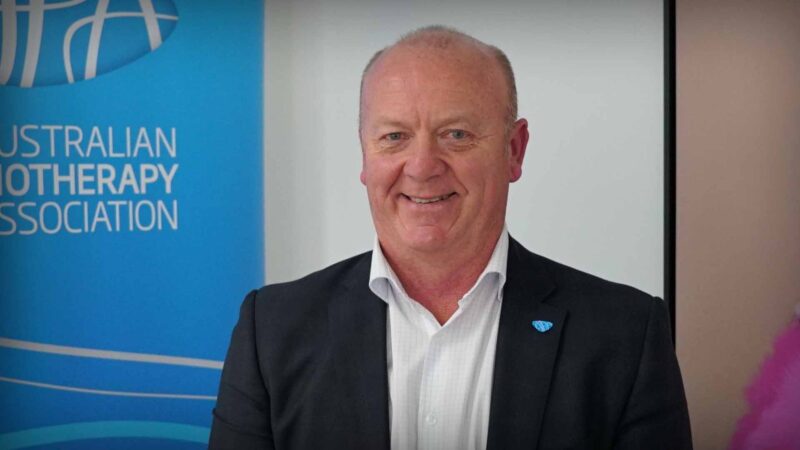MISSION TO RAISE AWARENESS OF SARCOMA AND CLINICAL TRIAL FUNDING Research lagging for sarcoma, despite accounting for one third of adolescent cancer deaths
With
Associate Professor Jeremy Lewin, Medical Oncologist,
Peter MacCallum Cancer Centre & Medical Director,
Victorian Adolescent and Young Adult Cancer Service &
Research & Education Lead – Sarcoma, VCCC Alliance
Dr Vivek Bhadri,
Paediatric and Adolescent Medical Oncologist
Chris O’Brien Lifehouse & Westmead Public Hospital &
Board Director
Australia and New Zealand Sarcoma Association (ANZSA)
AUSTRALIAN HEALTH JOURNAL SEGMENT
Filmed in Sydney & Melbourne | September 2025
Sarcoma, a rare and aggressive cancer, remains the deadliest cancer for children and young adults, accounting for nearly one third (30%) of cancer-related deaths among those aged 15–24 and one tenth (10%) of those aged 0–14. Further, still severely under-diagnosed, sarcoma only accounts for one sixth (15%) of all cancer diagnoses in the 15 – 24 age group, and less than a tenth (8%) among children under 10.
Despite this, public awareness and research funding for sarcoma funding remain critically low, with sarcoma receiving just $4.6m in funding for research in 2018-2020 – compared to the tens of millions other cancers receive. Sarcoma gets only a tiny fraction of funding for research that more common cancers receive, despite having the same costs to conduct studies.
The lack of funding reflects long-term survival rates for sarcoma which remain concerningly low, at just a 50% 10-year survival rate, while five-year survival rates for common cancers such as prostate and breast cancer have increased to over 90% in the past four decades (96% and 92% respectively).
Accounting for just 1% of all adult cancer diagnoses, sarcomas are rare and complex cancers that form in bone, cartilage or soft tissue8. There are over 100 different subtypes of sarcoma, which each require their own diagnostic and treatment pathways, which is why continued research is essential to improving patient outcomes.
Research indicates sarcomas are misdiagnosed in nearly one third (30%) of cases, emphasising the importance of ongoing research to support diagnostic developments, alongside improvements in patient treatment and management pathways.
Source: Australian and New Zealand Sarcoma Association (ANZSA) media release 1 July 2025
You Might also like
-
Understanding factors of persistent lower back pain in women
Lizzy Quinn is a Musculoskeletal Physiotherapist with 20 years experience focusing on people with spinal pain. Australian Health Journal spoke with Lizzy on the complexities of persistent lower back pain in women.
Lower back pain in women in their 30s, 40s, and 50s is complex to treat due to the combination of physical and emotional factors, and health professionals need to stay updated on best practices and science to provide the best recovery platform for patients. These women typically have busy lives, pressures, and expectations.
-
Scott Willis, talks Physiotherapy
Health Executive Leadership Insights (HELI)
Scott Willis, the National President of the Australian Physiotherapy Association talks Physiotherapy -
Autonomy in Emergency Nurse Practitioner role
Stefanie Edson is a dedicated Nurse Practitioner specialising in Emergency Care, with a strong commitment to improving patient outcomes. As the Tasmanian State Chapter Secretary for the Australian College of Nurse Practitioners (ACNP), Stefanie advocates for the growth and recognition of the Nurse Practitioner profession across Tasmania and beyond.



